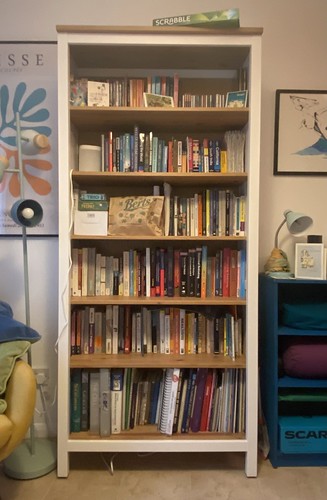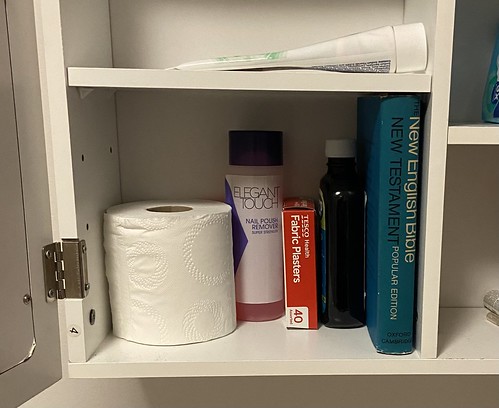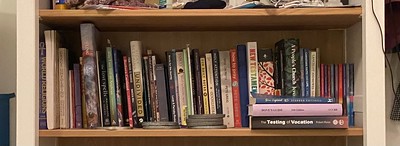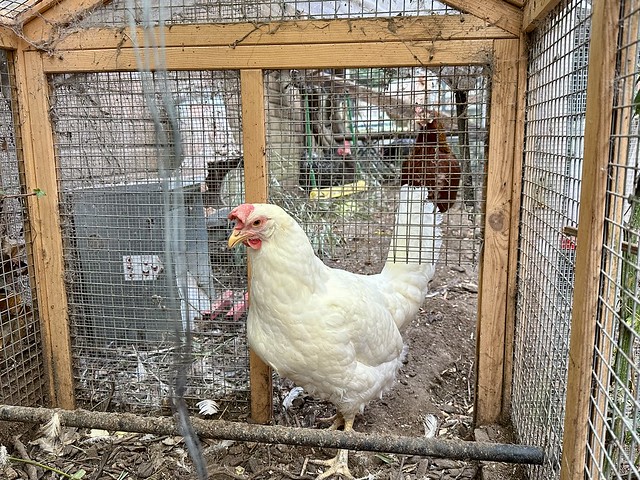I am honoured to have been invited to give the Gareth Roberts Lecture in Durham next month (in the Physics Department), following a long line of distinguished speakers. To be honest, I did not know that he had been associated with Durham because, by the time I was aware of all he was doing in the Higher Education space, Roberts was Vice Chancellor at Sheffield. I think I only came across him in person a couple of times, once at a lecture in Sheffield, once when he was reviewing the Research Assessment Exercise (REF’s predecessor) after the 2001 exercise, although why I was personally presenting evidence to that review I can no longer recall. However, for many – postgraduate students in particular – it is the 2001 review known as SET for Success that is probably most pertinent, even to this day.
Sir Gareth was an example of someone who had moved between academia and industry (and back again) with great success, picking up an FRS, a knighthood and many other accolades along the way. He demonstrates that ‘porosity’ between sectors is possible, something that soon-to-be-retiring CEO of UKRI Ottoline Leyser has often talked about. In the current system, it may still be possible, but it certainly isn’t particularly easy. There are some schemes designed to facilitate the exchange of personnel and ideas between industry and academia, with the Royal Society (for instance) running both Industry Fellowships and Entrepreneurs in Residence schemes. However, particularly in the pure sciences – less so in engineering and computing – such mobility between sectors is neither easy nor common.
Roberts recognized in his report that lack of mobility was a drawback for the health of the system (and the economy), but also that postgraduates’ education was often falling short on a variety of points. I would highlight the following, which I feel sure will still resonate today with many students and staff.
- low stipends, when seen against the option of entering employment and reducing the substantial debt that many students will have built up during their first degree;
- concern from students that they are likely to take more than three years to complete their PhD, while generally, funding is only available for three years; and
- inadequate training – particularly in the more transferable skills – available during the PhD programme. As a consequence, many employers do not initially pay those with PhDs any more than they would a new graduate, viewing the training (particularly in transferable skills) that PhD students receive as inadequate preparation for careers in business R&D.
Issues about money most certainly won’t have changed for the better, and the duration of a PhD has only increased, although at least there is some recognition of that fact in the length of time for which many funders provide a stipend. The last bullet point I’ve pulled out is the one I’ll be considering at more length in my lecture: what beyond their lab/computational/analytical skills training (according to what is directly relevant to their thesis) do students get exposed to and what additionally might they need in their future careers, wherever they end up? What options are there if someone wants to get involved with activities that may not be completely aligned with their thesis research, both now and once their PhD is completed?
Following the SET for Success Review, a new pot of money was established, colloquially known as Roberts’ money. It was supplied to universities to enable them to provide a new sort of training in transferable skills. In Cambridge additionally, I know some of this money went to creating posts in the Careers Service for advisers specifically to help the PhD population, with separate posts created for the physical and life sciences so that there was a fair degree of specialisation in those who held the posts. Whatever a PhD supervisor may think and even, all too frequently, say, there is a world beyond academia where scientific training is crucial. Even a world beyond industry. With an aspiration that the Civil Service reach 50% of its Fast Streamers from the STEM disciplines (a number apparently already exceeded in its 2023 hires, though it will take a long time for those sorts of numbers to permeate the entire system), there is one route to a career outside the obvious.
There is no doubt, more members of the Civil Service who are numerate and confident about handling data would be likely to benefit us all, when you think about the decisions that need to be made on a daily basis. Policy-makers who had the confidence to use data to inform decisions and not, as I fear may happen and as one former politician and Civil Service employee once told me, expecting policy-makers to search for data to back up an already-decided policy. That’s just one example of a career outside academia. There are plenty of other jobs in a wide range of sectors that neither a supervisor nor a student may immediately think about as the student reaches the end of their PhD (patent law, journalism, the creative industries, thinktanks…..to name but a few).
There are many skills the modern PhD student needs to master, which fall into the transferable skills bucket: management (of projects, people and resources) is a key one that one hopes at least postdocs and freshly independent researchers are being exposed to, but probably not students. I am struck by the breadth of training the Royal Society now offers its research fellows, such as the course in ‘Innovation and the Business of Science’, but also in handling the media, public engagement and communicating your research more generally. Relevant to what I said about the Civil Service, there is additionally a science policy primer, to help researchers understand the nature and process of policy-making. All good stuff that it seems likely Roberts would have approved of.
As I write my talk for Durham, I will have these different aspects in mind, linking Roberts, the relevant recommendations from SET for Success and my own wandering career trajectory and personal experiences.











 (@Ord_Off)
(@Ord_Off) 